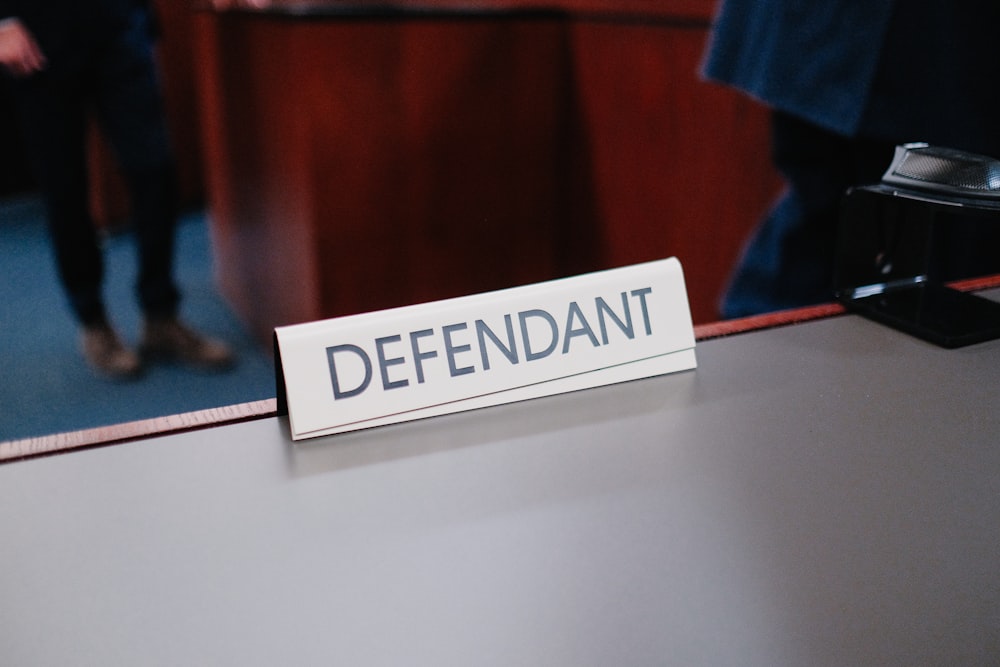
Legal Rights in Negligence Lawsuits What You Need to Know
Introduction
In negligence lawsuits, understanding your legal rights is essential for navigating the complex legal process effectively. This article provides crucial insights into your legal rights in negligence lawsuits and what you need to know to protect your interests.
The Right to Compensation
One of the primary legal rights in negligence lawsuits is the right to seek compensation for damages incurred due to the negligent actions of another party. This compensation may cover various losses, including medical expenses, lost wages, property damage, and pain and suffering. Understanding the full extent of your damages is crucial for pursuing fair compensation in a negligence lawsuit.
The Right to Legal Representation
Another important legal right in negligence lawsuits is the right to legal representation. Having an experienced attorney by your side can significantly improve your chances of success in your case. Your attorney can provide invaluable guidance, handle negotiations with insurance companies, gather evidence to support your claim, and represent your interests in court if necessary.
The Right to Due Process
In negligence lawsuits, you have the right to due process, which ensures that you are treated fairly under the law. This includes the right to a fair and impartial trial, the right to present evidence and witnesses in your defense, and the right to cross-examine witnesses presented by the opposing party. Ensuring that your rights to due process are upheld is essential for a just resolution of your negligence claim.
The Right to Discovery
As a plaintiff in a negligence lawsuit, you have the right to discovery, which allows you to obtain relevant information and evidence from the opposing party. This may include documents, records, and testimony that can support your case. Your attorney can help you navigate the discovery process and ensure that you have access to all necessary evidence to build a strong case.
The Right to a Jury Trial
In many negligence lawsuits, you have the right to a jury trial, where a jury of your peers will hear the evidence presented and decide the outcome of your case. Jury trials can be advantageous as they allow for a more impartial and objective assessment of the evidence. Your attorney can help you prepare for a jury trial and present your case effectively to the jury.
The Right to Appeal
If you are dissatisfied with the outcome of your negligence lawsuit, you have the right to appeal the decision to a higher court. The appellate process allows you to challenge errors of law or procedure that may have occurred during the trial. Your attorney can advise you on the likelihood of success on appeal and represent you in appellate proceedings if necessary.
The Right to Confidentiality
In negligence lawsuits, you have the right to confidentiality regarding sensitive information shared during the legal process. Your attorney is bound by strict confidentiality rules and cannot disclose information about your case without your consent. This ensures that your privacy is protected throughout the legal proceedings.
The Right to Statute of Limitations
It’s important to be aware of the statute of limitations, which sets a time limit for filing a negligence lawsuit. Failing to file your lawsuit within the applicable statute of limitations can result in your case being dismissed, and you may lose your right to seek compensation. Understanding and adhering to the statute of limitations is crucial for protecting your legal rights in a negligence lawsuit.
Conclusion
Understanding your legal rights is essential for effectively pursuing a negligence lawsuit and seeking the compensation you deserve for your injuries and losses. By knowing your rights and working with an experienced attorney, you can navigate the legal process with confidence and maximize your chances of a successful outcome in your negligence claim. Read more about negligence lawsuits







